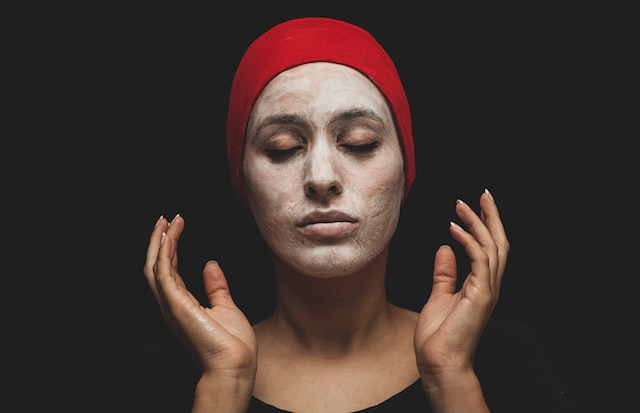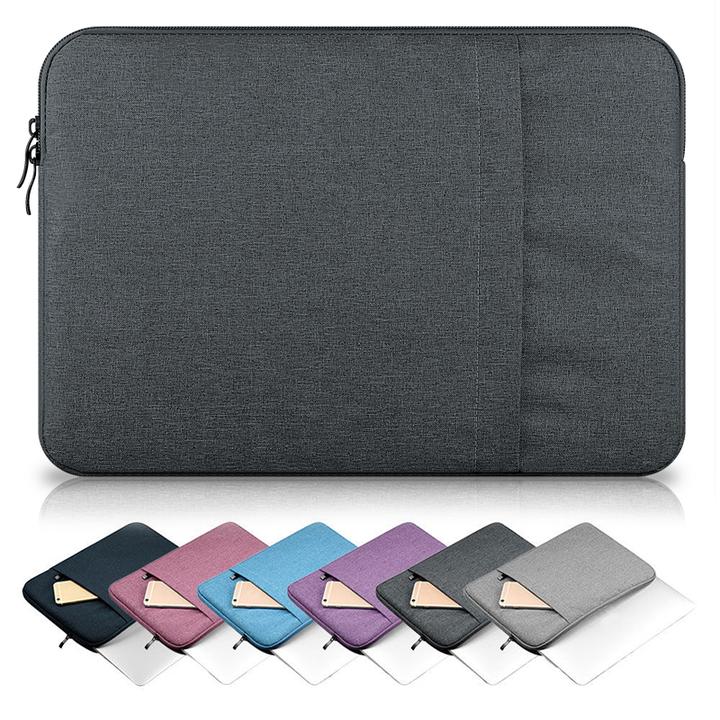Good skincare is important for maintaining the health and appearance of your skin. Whether you have dry, oily, acne-prone, sensitive, or aging skin, there are steps you can take to address common skincare concerns and improve the overall health of your skin. This article will discuss the causes, symptoms, and treatment options for dry skin, oily skin, acne, sensitive skin, and aging skin.
Dry Skin
Dry skin is a common concern caused by several factors, including genetics, environmental factors, and certain medications. It is characterized by a lack of moisture in the skin and can lead to flaking, cracking, and itching. Dry skin is particularly common in the winter when the air is dry and cold.
To treat dry skin, it is important to use a moisturizer daily. Look for products formulated with hydrating ingredients, such as glycerin and hyaluronic acid. Avoid using hot water and harsh soaps, as these can strip the skin of its natural oils and worsen dryness. Instead, opt for lukewarm water and a gentle, fragrance-free cleanser. Consider using a humidifier in your home or office to add moisture to the air, which helps to keep your skin hydrated.
Oily Skin
Oily skin is caused by the overproduction of oil by the sebaceous glands. It is characterized by a shiny, greasy appearance and is prone to clogged pores and acne breakouts. To treat oily skin, it is important to use a gentle cleanser formulated to remove excess oil and keep pores clear. Avoid heavy, greasy makeup and opt for oil-free or non-comedogenic products. In addition, be sure to use an oil-free moisturizer to hydrate your skin without adding excess oil.
Acne
Acne is a common skin condition caused by clogged pores and the overproduction of oil. Pimples, blackheads, and whiteheads on the skin characterize it. Various factors, including genetics, hormonal changes, and certain medications, can cause acne.
To treat acne, it is important to use a salicylic acid or benzoyl peroxide cleanser to help unclog pores and kill acne-causing bacteria. Avoid picking or squeezing pimples, as this can lead to scarring and further breakouts. Instead, opt for spot treatment or over-the-counter acne medication. Be sure to use non-comedogenic products and avoid heavy makeup, as these can clog pores and contribute to acne.
Sensitive Skin
Sensitive skin is easily irritated by certain products and environmental factors. It is characterized by redness, itching, and dryness. Various factors, including genetics, environmental factors, and certain medications, can cause sensitive skin.
To treat sensitive skin, it is important to use hypoallergenic products formulated for sensitive skin. Avoid using harsh chemicals and fragrances, as these can irritate the skin. Opt for gentle, fragrance-free cleansers and moisturizers, and be sure to use sunscreen with a high SPF to protect your skin from the sun. If you are still determining which products are safe for your sensitive skin, consider consulting with a dermatologist.
Aging Skin
Aging skin is a common concern as we get older. It is caused by genetics, sun exposure, and natural aging. Aging skin is characterized by fine lines, wrinkles, and a loss of elasticity and firmness.
To treat aging skin, it is important to use a retinol cream to help stimulate collagen production and improve the appearance of fine lines and wrinkles. Retinol is a form of vitamin A commonly used in anti-aging skincare products. In addition, be sure to protect your skin from sun exposure by using sunscreen with a high SPF daily. Avoid smoking and limit your alcohol consumption, as these can contribute to the aging process.
Conclusion
Maintaining a good skincare routine is important for the health and appearance of your skin. Whether you have dry, oily, acne-prone, sensitive, or aging skin, there are steps you can take to address common skincare concerns and improve the overall health of your skin. Using the right products, avoiding harsh chemicals and fragrances, and protecting your skin from sun exposure can help keep your skin looking its best. If you are still determining which products are best for your skin type, consider consulting with a dermatologist. Overall, finding a skincare routine that works for you and sticking to it can help to keep your skin looking healthy and radiant.

















































































0